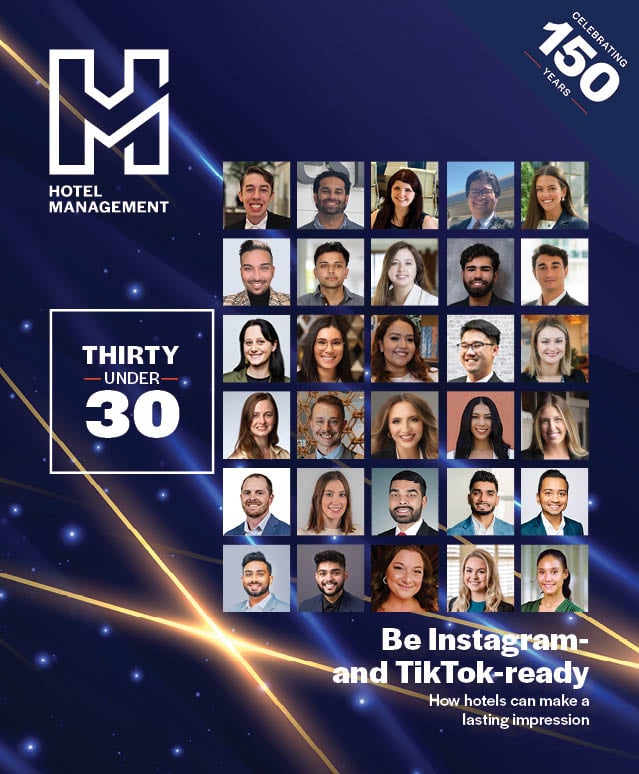As one company after another announces the end of their DEI programs, it is natural to reflect on the state of diversity, equity and inclusion. Have we truly built lasting progress, or are opportunities for women and other underrepresented groups at risk of stalling amid today’s polarized political climate?
Many of us turn to leadership books to refine our skills, and interestingly, some common themes emerge. These books emphasize the importance of welcoming diverse opinions to drive innovation. They highlight the virtue of inclusion—ensuring people feel heard, valued, and respected to create a sense of belonging. That’s how strong teams are built. They also stress the need for fairness and equity in leadership, which fosters loyalty and trust. There is nothing inherently wrong with diversity, equity and inclusion. In fact, these principles align with the very leadership traits we celebrate.
Merit and Diversity
For many decades, meritocracy—the idea that individuals should be selected based on their abilities—has been the prevailing approach to hiring and promotion. However, in recent years, we have come to recognize that meritocracy has not always been as fair as assumed. Implicit biases have often led to the exclusion of underrepresented groups from hiring pools and leadership positions.
In response, companies have sought to correct these imbalances. Since 2020, we have seen a surge in DEI initiatives, with organizations forming dedicated departments, setting targets to expand their talent search and prioritizing diverse hiring and promotion practices. These efforts were intended to level the playing field and create opportunities for those who had been historically overlooked.
But as with any significant societal shift, there has been pushback. When the pendulum swings too far in one direction, it often provokes a reaction in the opposite direction. Some individuals now feel that the emphasis on DEI has led to qualified candidates being overlooked, fostering resentment and skepticism about these initiatives.
This tension came to a head in June 2023 when the U.S. Supreme Court ruled against affirmative action in college admissions, barring institutions from considering race in their decision-making process. This decision has further fueled the anti-DEI movement, with critics arguing that DEI initiatives risk prioritizing identity over individual qualifications, thus undermining fairness and fostering division.
However, moving away from DEI efforts does not erase the reality that bias, both conscious and unconscious, continues to shape opportunities and outcomes. Studies repeatedly show that race, gender, socioeconomic background and other factors influence hiring decisions, workplace culture and access to leadership roles. Ignoring bias in favor of a "colorblind" or "neutral" approach assumes that all individuals operate on an even playing field.
Reframing DEI
Finding harmony in this debate requires moving beyond polarized narratives. At the recent ALIS Boardroom Outlook Panel, industry leaders Geoff Ballotti, Anthony Capuano, Elie Maalouf, Jean-Jacques Morin and Chris Nassetta discussed reframing DEI. They emphasized shifting the focus from mandated quotas and corporate rhetoric to fostering genuinely inclusive cultures. Major hotel companies are prioritizing mentorship, sponsorship and leadership development programs that benefit diverse talent without being perceived as preferential treatment. Education on bias training that encourages self-reflection rather than guilt or division is also crucial. When individuals understand how biases form and impact decision-making, they are more likely to support organic inclusivity.
Ultimately, diversity, equity and inclusion are admirable leadership traits. We must recognize that inclusivity and meritocracy can coexist. True leadership requires adaptability, empathy, and a commitment to fostering environments where all individuals, regardless of background, have a fair opportunity to succeed. By embracing a balanced approach, we can ensure that DEI remains a force for progress, not division.
David Kong is the founder and principal of DEI Advisors, an Arizona non-profit organization. Kong retired as president and CEO of BWH Hotels at the end of 2021 after almost 18 years in the position. He led the company to unprecedented growth, transforming it and expanding its portfolio from one brand to 18 distinct brands in every chain scale segment and achieving successive new records in RevPAR and EBIDA growth. Prior to Best Western, Kong held leadership positions with KPMG Consulting, Hyatt, Omni and Hilton.

